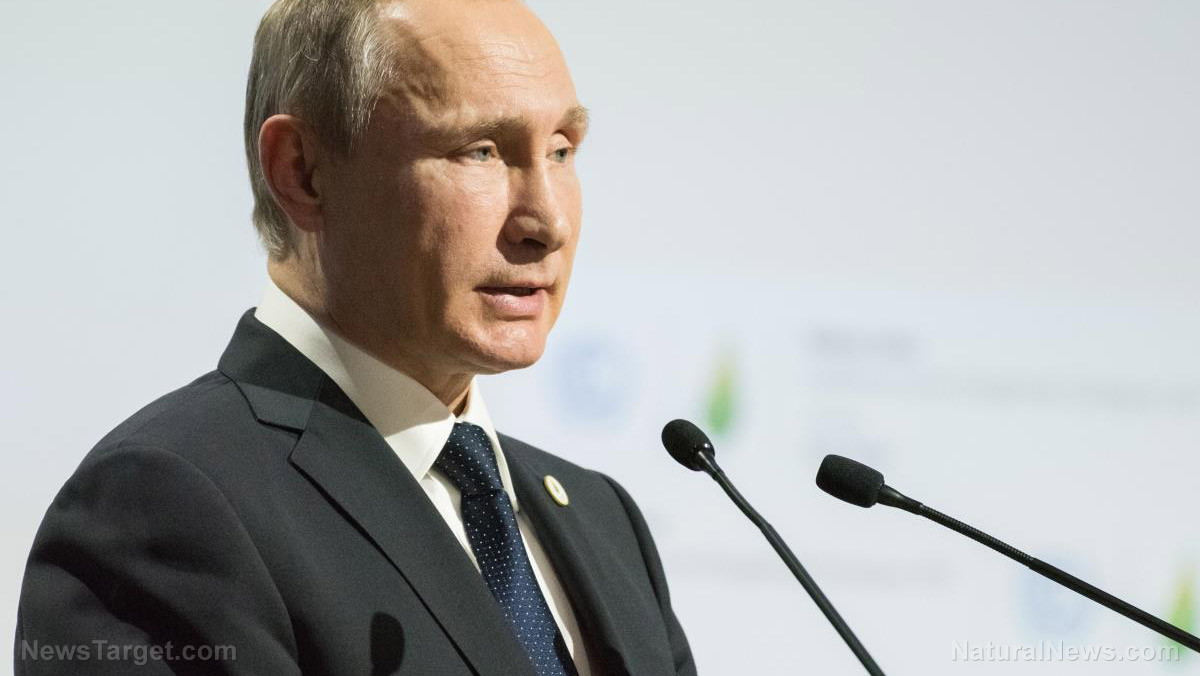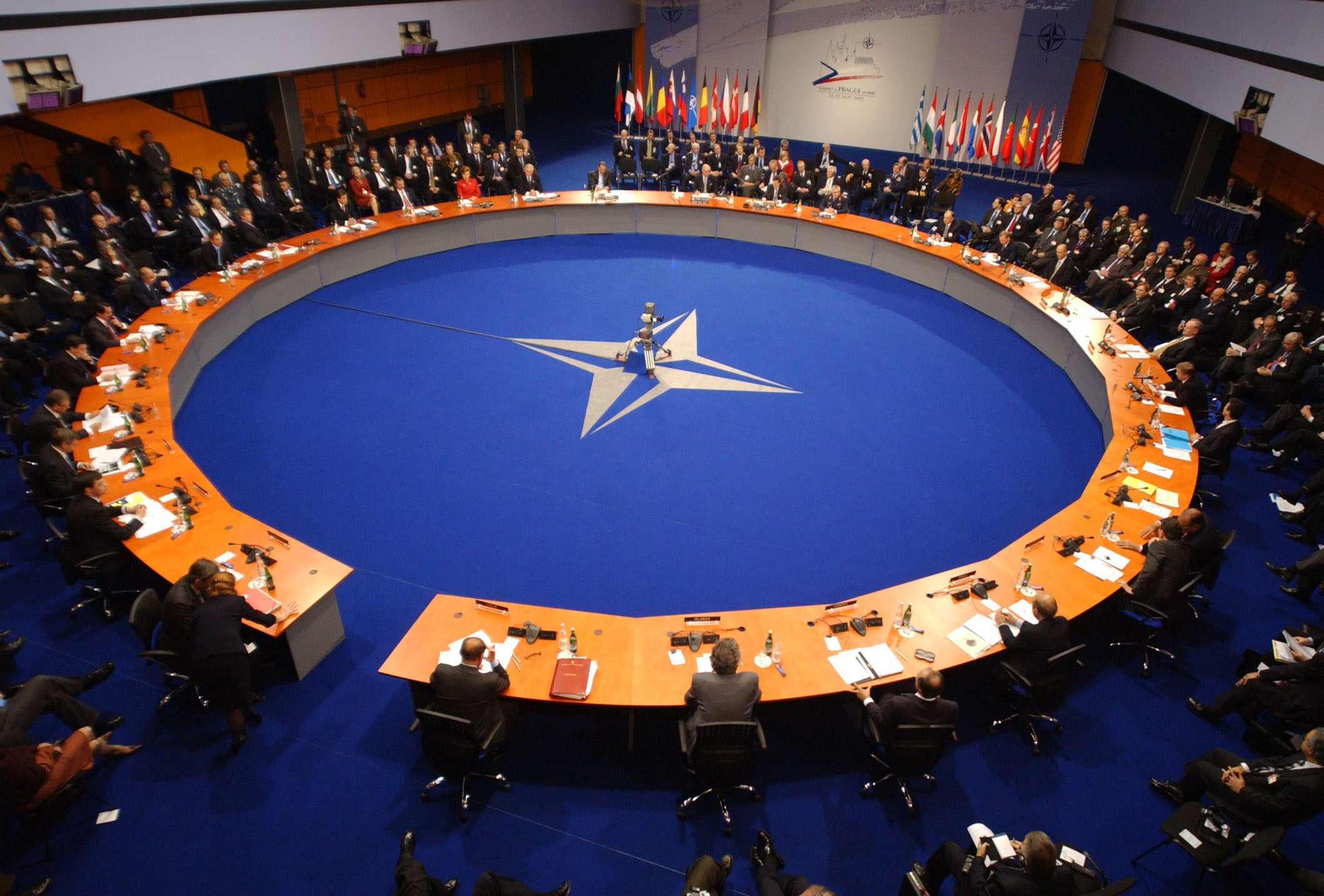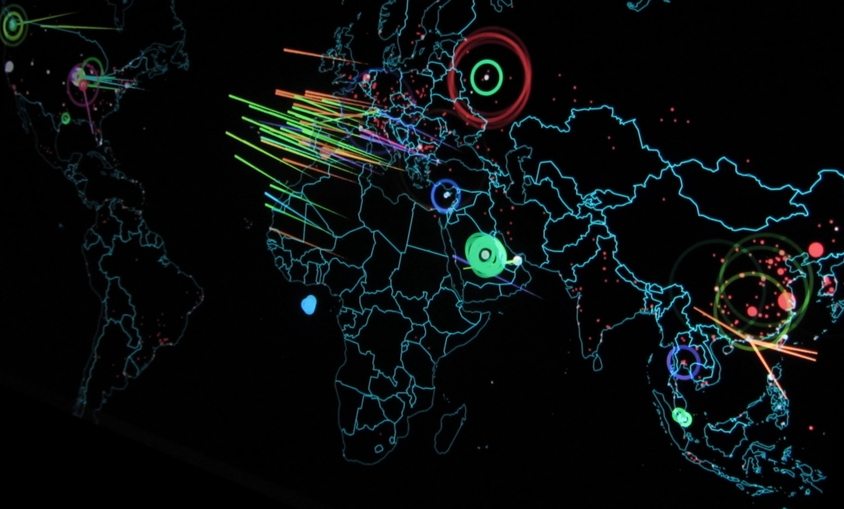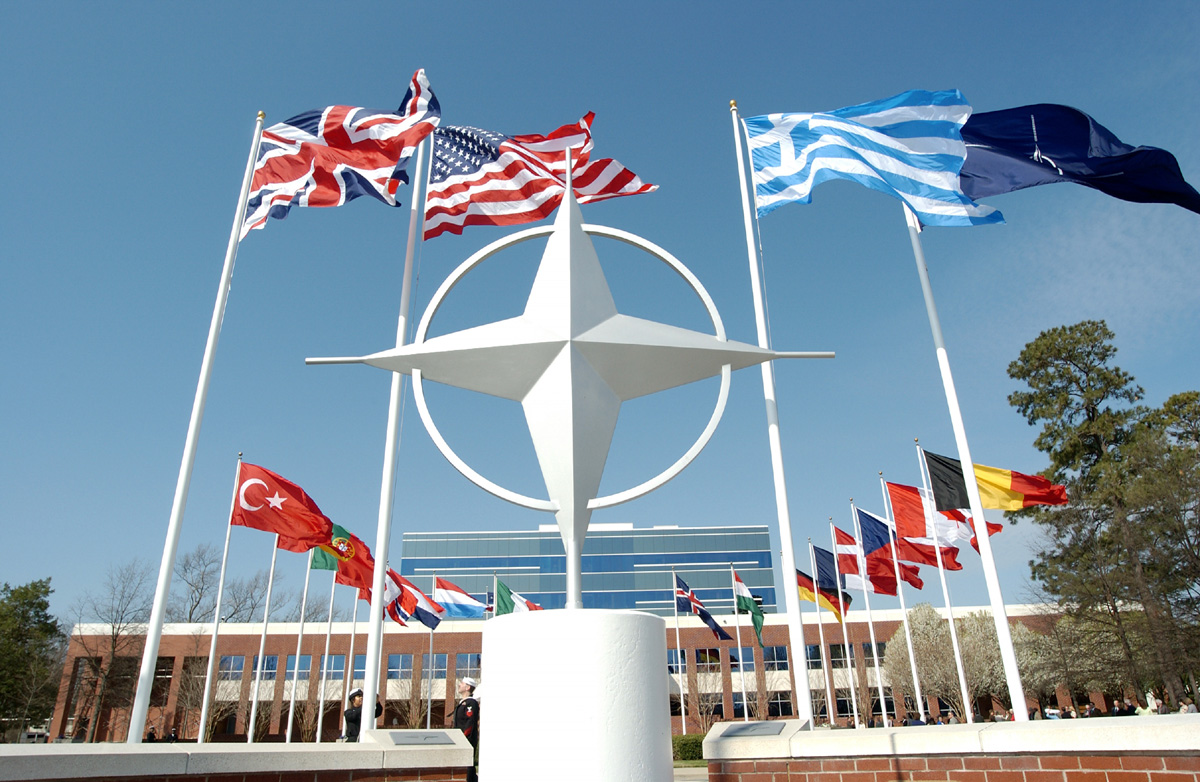Russia rules the waves: While the West is suffering losses from maritime trade, Moscow’s volume is increasing
12/22/2023 / By News Editors
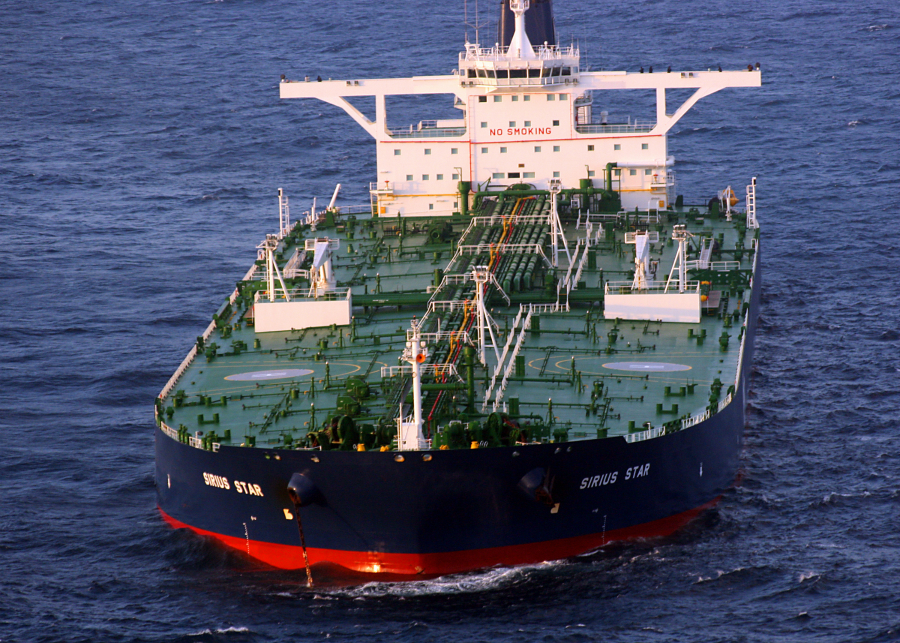
In the midst of an already turbulent global landscape, a seismic geopolitical crisis is unfolding, with Houthi militants targeting ships on crucial maritime routes. Recent provocations aimed primarily at Western vessels signal a profound shift, with the potential to reshape the dynamics of global trade.
(Article republished from RT.com)
Amid the fallout from the Ukraine conflict and sanctions, there are clear indications that Russia is consolidating influence not only in the Red Sea but also along other vital maritime arteries, notably the Northern Sea Route. This consolidation is sparking a transformative shift in the traditional balance of power across the broader spectrum of maritime commerce.
Houthi attacks and strategic targeting
The Red Sea, a pivotal conduit for international commerce, is now a contested arena as Houthi rebels from Yemen escalate their attacks. Houthi leaders have said they are pursuing all Israel-bound vessels due to hostilities in Gaza, and they appear to be targeting Western ships. At the same time, an increasing number of Russian oil tankers continue to navigate the waters to deliver oil shipments to Asia, adding a layer of complexity to the situation. If substantiated, this selective targeting highlights the geopolitical intricacies in play, positioning maritime trade as a pawn in broader geopolitical maneuvers.
?Yemen grants free passage ONLY to tankers carrying Russian oil via the Red Sea to the Suez canal. ??
?Western ships can either sail 15,000 miles around Africa, go via Russia’s Northern artic route or rail via Russia.
?Putin wins again. pic.twitter.com/ADmf7tw7fn
— Aussie Cossack (@aussiecossack) December 20, 2023
As major shipping companies pause Red Sea operations in response to the heightened security risks, Europe faces the most immediate and significant economic repercussions. The rerouting of shipments around the southern tip of Africa, a consequence of the security concerns in the Red Sea, poses substantial challenges. Not only is this alternative longer and more expensive, but it also threatens to disrupt the finely tuned supply chains that European industries depend on.
South African piracy is about to go limit up
— zerohedge (@zerohedge) December 20, 2023
Insights into Russia’s strengthening grip on the Red Sea route amid the Ukraine conflict and sanctions imposed on Moscow paint a picture of calculated geopolitical maneuvering. With Europe actively seeking alternatives to Russian oil, Moscow’s pivot to increase oil exports to Asia, resulting in a staggering 140% surge in Red Sea oil traffic, underscores its adaptability in the face of changing dynamics.
The Red Sea, historically a key route for Western shipping, is witnessing a subtle yet profound shift in power dynamics. Russia’s ability to navigate and capitalize on the geopolitical landscape, coupled with the targeted nature of Houthi attacks, suggests a reordering of influence. The West finds itself losing its grip on a critical trade route as Russia strengthens its foothold.
The unfolding scenario has demanded a comprehensive review of security measures. The pivotal question arises: What actionable steps can be taken to safeguard crucial trade routes in this shifting landscape? A compelling proposition emerges – deploying military vessels in strategic convoys alongside merchant ships. This proactive measure ensures their secure passage through the Red Sea, extending protection even during transit to the vital Suez Canal.
Another pragmatic option on the table involves aerial coverage by specific naval forces, strategically positioned to safeguard designated areas of this maritime route. Drawing from historical precedents, particularly experiences in countering piracy, the establishment of convoys emerges as a notably effective method to shield merchant shipping.
Amid these turbulent waters, the West finds itself at a crucial juncture, navigating not only the physical challenges but also the nuanced currents of geopolitics. The imperative lies in a keen awareness of the evolving circumstances and strategic considerations at play. In a landscape where global trade intersects with geopolitical complexities, the ability to adapt and implement effective security measures becomes paramount.
The Red Sea, once a symbol of seamless trade, now stands as a symbol of adaptability and resilience in the face of evolving global dynamics.
Russia’s Arctic pivot
Meanwhile, Russia is reconfiguring its oil shipments through the Northern Sea Route (NSR) to China, circumventing sanctions and capitalizing on the potential for time and fuel savings. The NSR, stretching 3,500 miles along Russia’s Arctic coast, offers a faster route to China’s Rizhao port, taking a mere 35 days – 10 days less than the traditional southern route via the Suez Canal. Russia’s motivation lies in the considerable advantages of reduced time and fuel costs, presenting an attractive alternative for its oil exports.
Is the Suez Canal-Red Sea route becoming a little tricky for Europe-Asia trading? Europe could consider another one: ??Russia’s Arctic route! Europe could even ask nicely?to use one of Russia’s nuclear-powered icebreakers, which are already helping ?? fuel exports to Asia. pic.twitter.com/aGUu8l38Qt
— Tony Norfield (@StubbornFacts) December 20, 2023
Rosatom, overseeing the NSR, highlights that non-ice-class ships can now safely navigate the route during improved conditions in summer and autumn. This strategic shift suggests Russia is exploring the use of non-ice-class vessels, potentially reshaping conventional shipping practices in the Arctic.
Russia’s proactive stance is further evidenced by the expansion of its dark fleet, ensuring the continuity of oil revenues despite sanctions. Deputy Prime Minister Yuri Trutnev anticipates a record-breaking year for the NSR, with freight turnover expected to exceed 36 million tons – a ninefold increase since 2015.
However, challenges persist, notably in the realm of insurance due to sanctions disrupting coverage for Russian vessels. Trutnev suggests a collaborative effort between Russia and China to address this issue, emphasizing the potential for Chinese companies to offer alternative insurance for Russian ships navigating the NSR. As Russia prepares for year-round navigation via the NSR with its nuclear icebreakers, the Arctic becomes a pivotal stage for both economic resilience and geopolitical maneuvering. This strategic Arctic pivot not only shields Russia from sanctions but also positions the NSR as a transformative force in global shipping dynamics.
Read more at: RT.com
Submit a correction >>
Tagged Under:
big government, bubble, chaos, collapse, conspiracy, dangerous, economic riot, Europe, Europe-Asia trading, finance riot, global trade, Houthi militants, maritime commerce, market crash, Northern Sea Route, oil exports, Red Sea, risk, Russia, Russian Sanctions, suez canal, supply chain, terrorism, western ships, World War III, Yemen
This article may contain statements that reflect the opinion of the author
RECENT NEWS & ARTICLES
COPYRIGHT © 2022 RussiaReport.news
All content posted on this site is protected under Free Speech. RussiaReport.news is not responsible for content written by contributing authors. The information on this site is provided for educational and entertainment purposes only. It is not intended as a substitute for professional advice of any kind. RussiaReport.news assumes no responsibility for the use or misuse of this material. All trademarks, registered trademarks and service marks mentioned on this site are the property of their respective owners.




